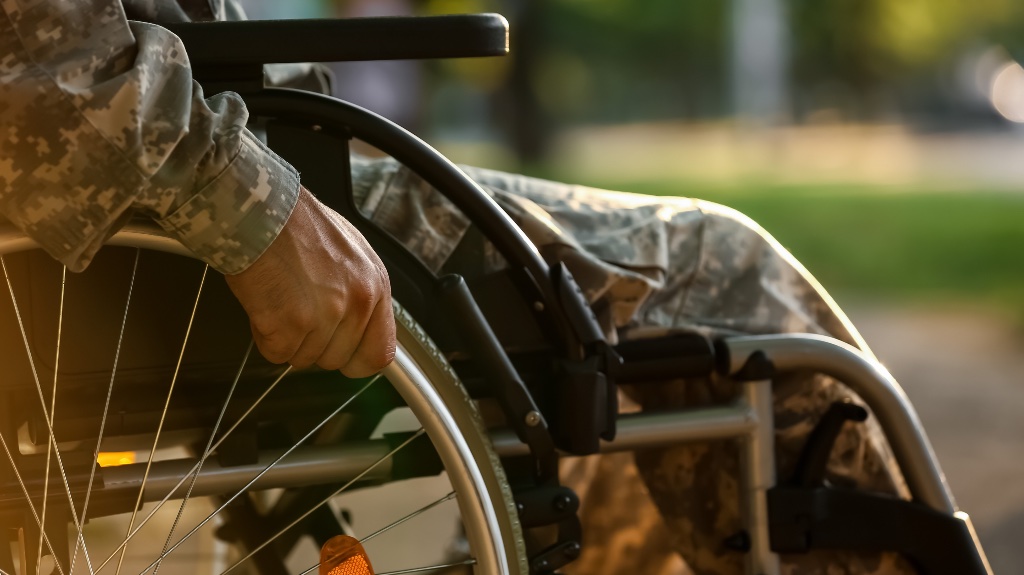
A new report from the VA Office of Inspector General (OIG) reveals that thousands of veterans may have been improperly denied disability benefits for conditions related to burn pit exposure—even after the VA claimed to have fixed the problem.
If you served in Iraq, Afghanistan, or other locations where burn pits were used, this is critical information.
What Are Burn Pits?
During deployments, the military used large open-air burn pits to dispose of waste, often ignited with jet fuel. The smoke contained a mix of harmful chemicals that drifted over bases, exposing service members daily.
The PACT Act of 2022 finally recognized many conditions as presumptively service-connected, meaning eligible veterans shouldn’t have to prove the link between their service and these health problems.
The Original Issue
In 2022, the VA’s own inspector general found that the Veterans Benefits Administration (VBA) had prematurely denied many burn pit-related disability claims.

Key problems included:
- VA staff failed to fully develop claims, such as not ordering required medical exams.
- Medical examiners were not given the burn pit “fact sheets” explaining exposure risks.
This led to widespread denials of benefits that veterans were likely entitled to receive.
The New Findings
VA leadership claimed they went back and reviewed these denied claims. But according to the July 2025 OIG report, the fixes were not enough.
Here’s what the watchdog found:
- About 31% of previously denied “burn pit exposure” claims still contained errors.
- About 25% of respiratory condition claims (like asthma or COPD) that should have been reviewed were still mishandled.
- Critically, over 90% of those errors could have a direct financial impact on veterans.
Real-World Examples
- A veteran claimed a skin condition caused by burn pit exposure. VA ordered an exam but failed to provide the necessary burn pit exposure details. The doctor ruled the condition wasn’t service-connected—without considering the exposure.
- Another veteran with sleep apnea didn’t explicitly mention burn pits but served in Iraq. VA policy says staff should assume exposure in such cases, yet the claim was denied anyway.
What Happens Now?
The VA OIG refused to close its recommendations. Instead, it is demanding:
- A new review of these denied claims.
- Assurance that errors are truly corrected.
- Regular progress reports from the VA.
VBA has agreed to establish a workgroup to plan these reviews, develop procedures, and improve training. However, there is no firm timeline for completing this work.
Why This Matters
Burn pit exposure has caused serious, lasting health problems for many veterans. Congress passed the PACT Act specifically to make it easier for these veterans to receive the benefits they earned.
This new report shows that, even now, many veterans may still be waiting for those benefits because of flawed claims processing.
Need Help?
If you or someone you know was denied a VA disability claim for conditions related to burn pit exposure—even if the denial happened years ago—it may be worth having it reviewed.
We offer free case evaluations to help veterans understand their options and pursue the benefits they’ve earned.
Your service deserves recognition. Let’s make sure you get the support you need.


